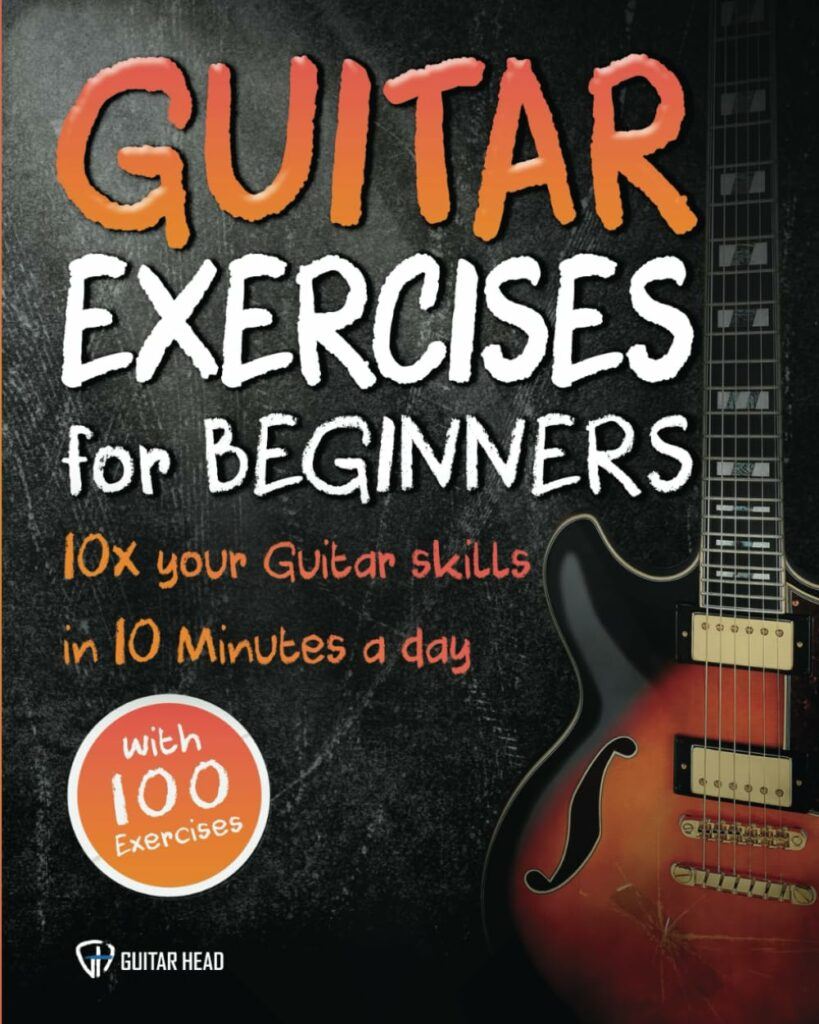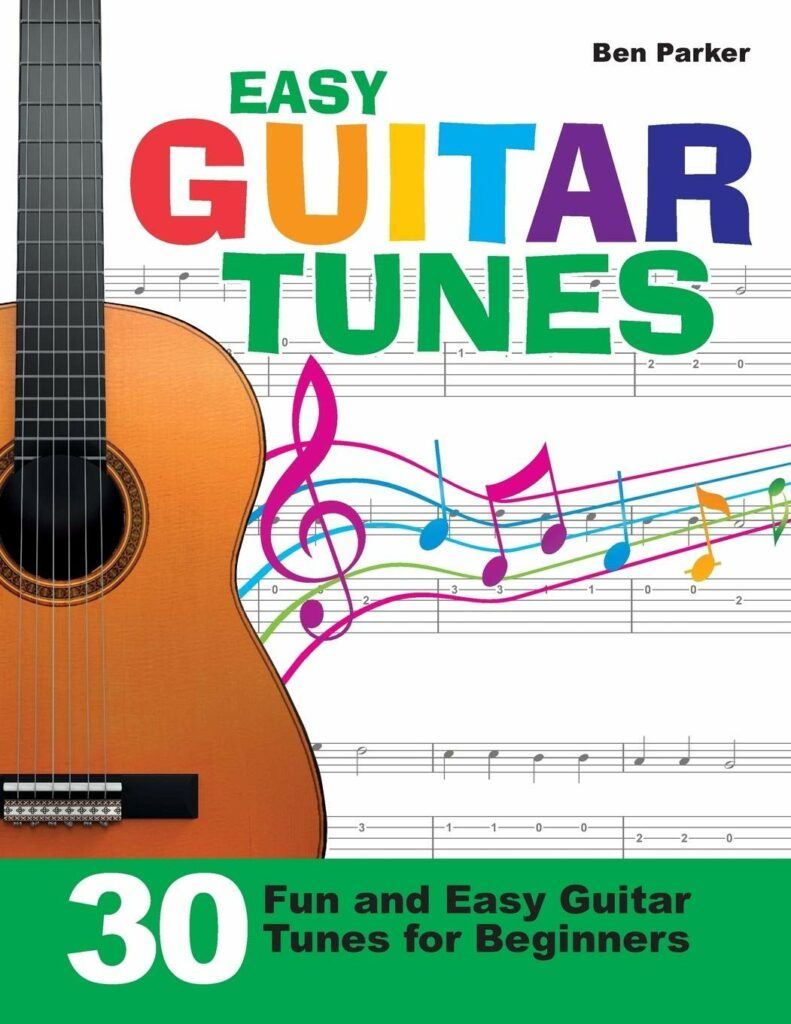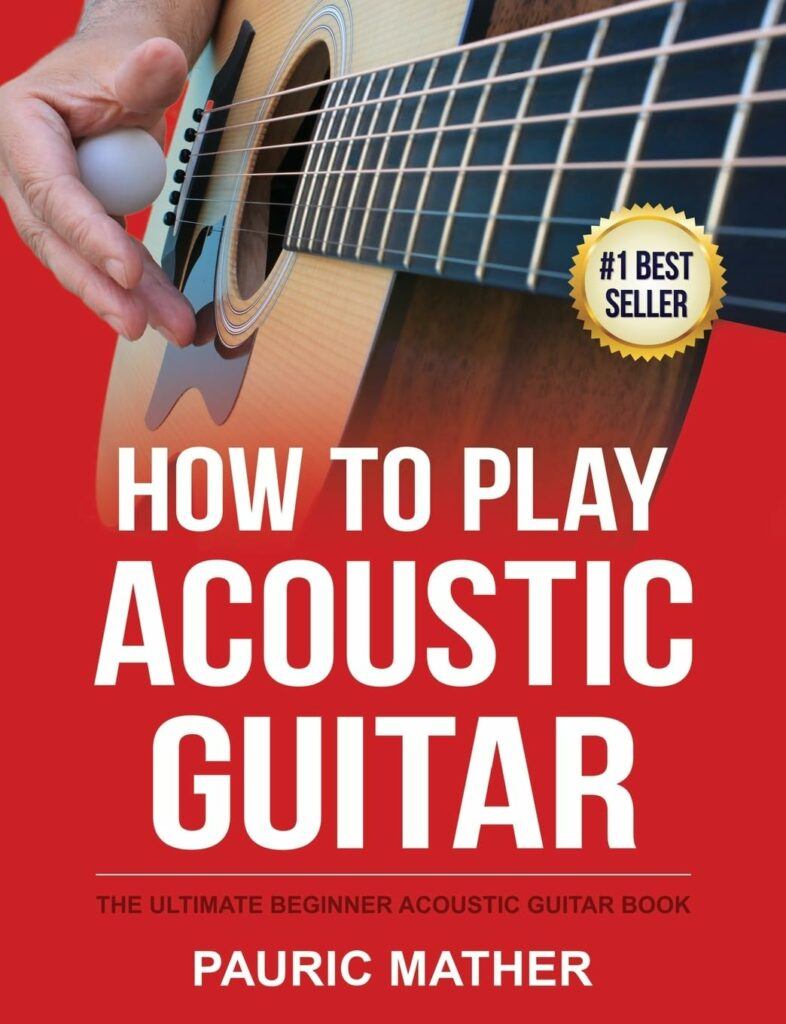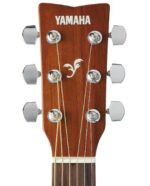It is never too late to learn to play the guitar, regardless of your age. At 25 years old, you are still young enough to pick up a musical instrument, and the journey of learning can be both rewarding and fun. Many adults start learning guitar in their 20s, 30s, or even later, proving that age should not be a limiting factor.

Here are a few points to consider:
1. Why 25 Is a Great Age to Start Learning Guitar
- Mature Approach to Learning: At 25, you likely have more discipline, patience, and focus compared to when you were younger. These traits are invaluable for mastering a new skill like playing the guitar.
- Access to Resources: With the advent of online learning platforms, instructional videos, and apps, there are countless resources available for learners at any age. These tools can help you progress at your own pace.
- Better Understanding of Music: You may already have developed a deeper appreciation for different genres of music, which can fuel your passion and inspire your guitar practice.
2. Is Learning Guitar Hard at 25?
Learning guitar can be challenging, but it is not necessarily harder at 25 than at a younger age. Like any skill, it requires dedication and consistent practice. Here are some common concerns and how to overcome them:
- Finger Dexterity and Strength: Initially, you may find it difficult to move your fingers quickly across the fretboard or press the strings firmly enough. However, this improves with regular practice, and adult learners can still develop strong finger dexterity over time.
- Building Muscle Memory: Learning guitar requires you to build muscle memory for chords and scales, which can take time. Practice techniques like playing scales slowly and repeatedly to help your fingers become familiar with the movements.
- Patience and Persistence: The key to overcoming challenges is patience. Set realistic goals, take it step by step, and focus on gradual improvement rather than instant mastery.
3. Advantages of Starting Guitar at 25
- More Time to Practice: At 25, you may have a better sense of time management and more control over your schedule. If you carve out time for practice, you’ll make steady progress.
- Flexible Learning Options: With many online courses, apps, and private lessons available, you can tailor your learning experience to fit your lifestyle. Whether you’re a full-time worker, a student, or balancing other responsibilities, you can choose a learning method that works best for you.
- Passion-Fueled Motivation: Adult learners often have a strong desire to learn music because of personal passion, rather than external pressures. This intrinsic motivation can help keep you consistent and focused.
4. How to Get Started
- Choose the Right Guitar: Whether you go for an acoustic, electric, or classical guitar, pick one that suits your style and feels comfortable in your hands. You don’t need to invest in an expensive guitar when starting out; focus on comfort and playability.
- Set Realistic Goals: Break down your learning into manageable goals. For example, start by learning basic chords and progress to strumming patterns and scales. Celebrate small wins along the way.

- Get a Teacher or Follow a Course: Many people benefit from having a teacher to guide them through the basics and provide feedback. If a personal tutor is not an option, online courses or video tutorials are fantastic alternatives.
- Practice Regularly: Consistency is key when learning guitar. Try to practice a little each day, even if it’s just for 10-15 minutes. Over time, you’ll notice significant improvement.
Conclusion: It’s Never Too Late to Learn Guitar
At 25, you are at a prime age to learn guitar. It’s not too late, nor is it harder than starting earlier. With the right mindset, a commitment to practice, and the plethora of learning resources available, you can become a proficient guitar player in no time. Remember that music is a lifelong journey, and starting at 25 means you still have decades to enjoy playing and improving your guitar skills.






